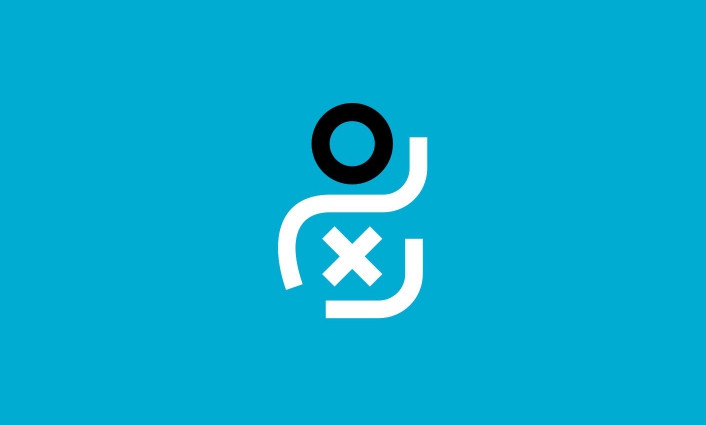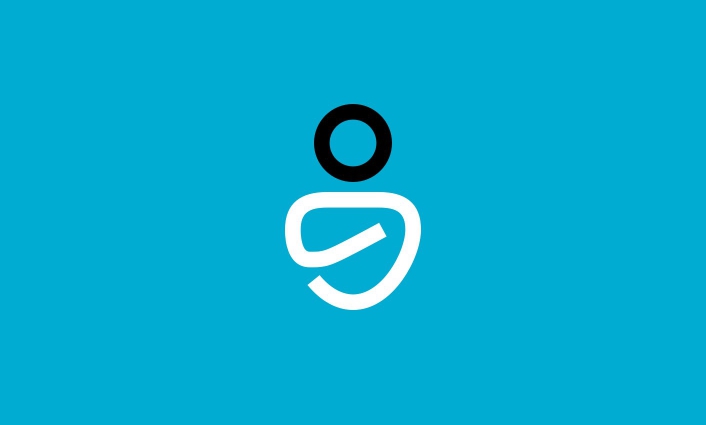
The Human Rights Guide is a free online platform for human rights education and self-help. It aims to help people understand human rights in different situations by explaining them through themes. The Guide not only helps people to learn about human rights and understand their basic issues, but also to assess whether a possible human rights violation has occurred and what to do about it. The Guide is also aimed at professional users whose work involves the application of human rights. It also serves as an aid to human rights learning for students and human rights trainers.
A new theme on Migration and Asylum has been added to the Latvian Guide. This theme was developed by the Estonian partner organization, the Estonian Human Rights Centre, and has now been adapted to the Latvian Guide. International human rights instruments provide that all persons, including migrants, are entitled to fundamental human rights, such as the right to life, freedom from torture, the right to liberty and security, among others. However, refugees are entitled to wider rights than other types of migrants as they are not protected by their own country of origin.
The new theme explains the difference between general migration and asylum seeking. The new theme also explains the cases in which you have the right to enter another country, what the consequences of entering without a legal ground are, and your rights as an asylum-seeker or refugee.
The Migration & Asylum theme includes the following sections:
- The right to enter Latvia
- Consequences of entering without legal ground
- Unfair expulsion
- Detention & Immigration
- Access to asylum procedure
- Asylum procedure
- How to complain
- Detention & Asylum
The Human Rights Guide also covers topics such as freedom of expression and media, fair trial, and other themes on topical human rights issues. The Guide also provides information on institutions and organisations that protect human rights in Latvia and Europe, explaining in particular how individuals can turn to them for help.
The Human Rights Guide is produced by the non-governmental organisation Baltic Human Rights Society in cooperation with partner organisations. It is financially supported by the Nordic Council of Ministers' Nordplus Education Programme, the European Union's Erasmus+ Programme and the Active Citizens Fund, and has been granted the patronage of the Ombudsman of the Republic of Latvia and the Latvian National Commission for UNESCO.


